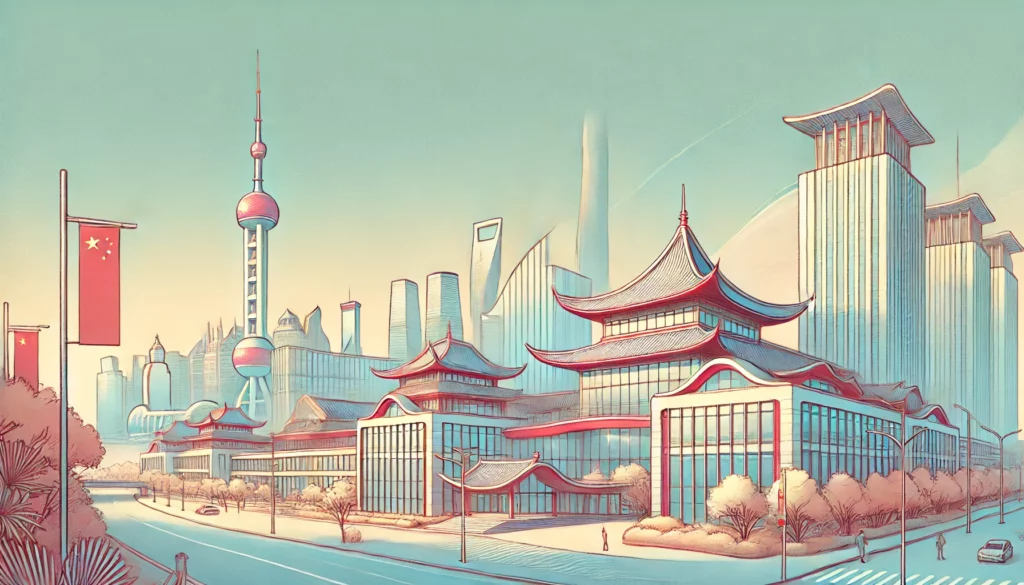2025 Challenges in China’s Education: Exams, Creativity & Inequality
China, a nation renowned for its profound cultural heritage and commitment to education, is currently navigating a series of significant challenges within its educational framework. This guide aims to provide education consultants with a detailed examination of the prevailing issues affecting teaching and learning in China, focusing on the implications for international educators.
Examination-Centric Education System
The Chinese education system is predominantly examination-driven, epitomized by the Gaokao, a pivotal university entrance examination. This assessment plays a crucial role in shaping students’ academic trajectories and career prospects.
However, the intense focus on examinations engenders several challenges:
- Student Stress: The pressure to perform well can lead to heightened levels of anxiety and stress among students.
- Rote Learning: The emphasis on memorization often undermines the development of critical thinking skills, as students prioritize passing exams over understanding concepts.
The Gaokao Examination
The Gaokao, or ‘National Higher Education Entrance Examination’, is a two-day assessment that encompasses a broad spectrum of subjects, including Chinese language, mathematics, and a foreign language, typically English. The stakes associated with this examination are exceptionally high, as a subpar performance can severely restrict a student’s future educational and career opportunities. This situation is comparable to the A-Level examinations in the UK, yet the implications in China are often more pronounced.
Creativity Deficit in Educational Practices
Another pressing issue within the Chinese education system is the insufficient emphasis on creativity and critical thinking. The prevailing pedagogical approach prioritizes rote memorization, which can inhibit students’ ability to engage in innovative problem-solving and critical analysis.
This educational paradigm starkly contrasts with systems in countries such as the UK and the US, where there is a more pronounced focus on fostering creativity and analytical skills.
Evolving Perspectives on Creativity
Despite the existing challenges, there are emerging trends indicating a shift in attitudes towards creativity in education within China. Some educational institutions are beginning to integrate creative and critical thinking activities into their curricula.
Nevertheless, these reforms are gradual, and substantial progress is required before creativity is genuinely prioritized within the educational landscape. The transformation of such a deeply entrenched system necessitates considerable time and effort.
Educational Inequality: A Critical Concern
Educational inequality remains a significant challenge in China, characterized by a pronounced disparity in educational quality between urban and rural regions. Students in rural areas frequently encounter inferior educational resources and opportunities.
This inequality is further exacerbated by the hukou system, a household registration framework that restricts individuals’ mobility and access to educational services based on their birthplace. Consequently, rural students often face barriers to enrolling in superior urban schools.
Understanding the Hukou System
The hukou system is a critical factor influencing educational access in China, linking an individual’s eligibility for services, including education, to their registered domicile. This system has been widely criticized for perpetuating educational disparities.
For instance, a student from a rural background may be unable to attend a prestigious urban school due to their hukou status, mirroring the postcode lottery phenomenon observed in the UK, where access to quality services is contingent upon geographic location.
Conclusion
In summary, the Chinese education system is confronted with multifaceted challenges, including the pressures of examination-centric learning, a lack of emphasis on creativity, and significant educational inequality. However, there are indications of progress, with some institutions beginning to prioritize creative and critical thinking, alongside ongoing discussions regarding reforms to the hukou system.
Transforming such a vast and complex educational framework requires sustained commitment and strategic efforts. With continued focus on these issues, there is potential for the Chinese education system to evolve towards a more equitable and holistic model that benefits all students.
Enhance Your Teaching Career with IPGCE
Navigating the complexities of the Chinese education system is essential for international educators. For those seeking to elevate their qualifications and enhance career prospects, the International Postgraduate Certificate in Education (IPGCE) offers a pathway to success. This program is designed to improve teaching credentials, increase interview opportunities, and provide a competitive edge in salary negotiations. Through our curriculum, educators will gain valuable insights into global educational practices while enjoying the flexibility of online learning. Do not let challenges hinder your professional journey. Enroll in the UK’s leading Teacher Training Course today and redefine your teaching career.

